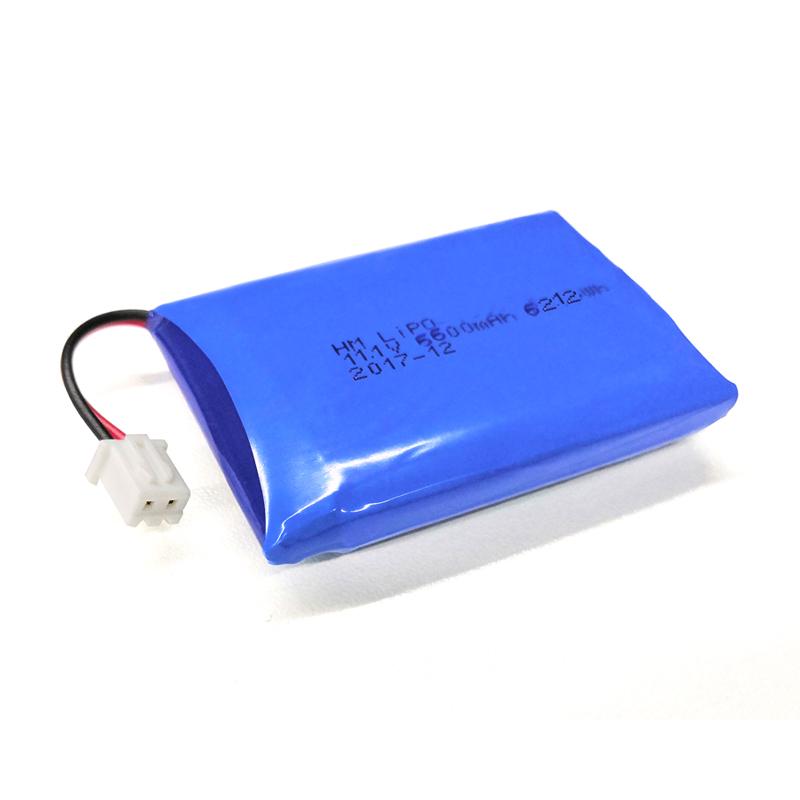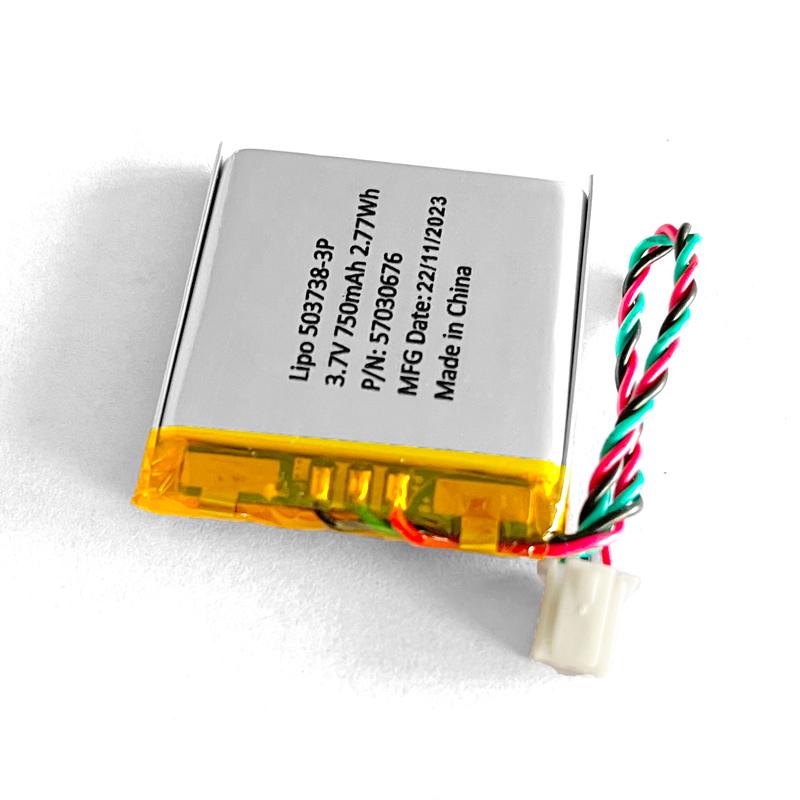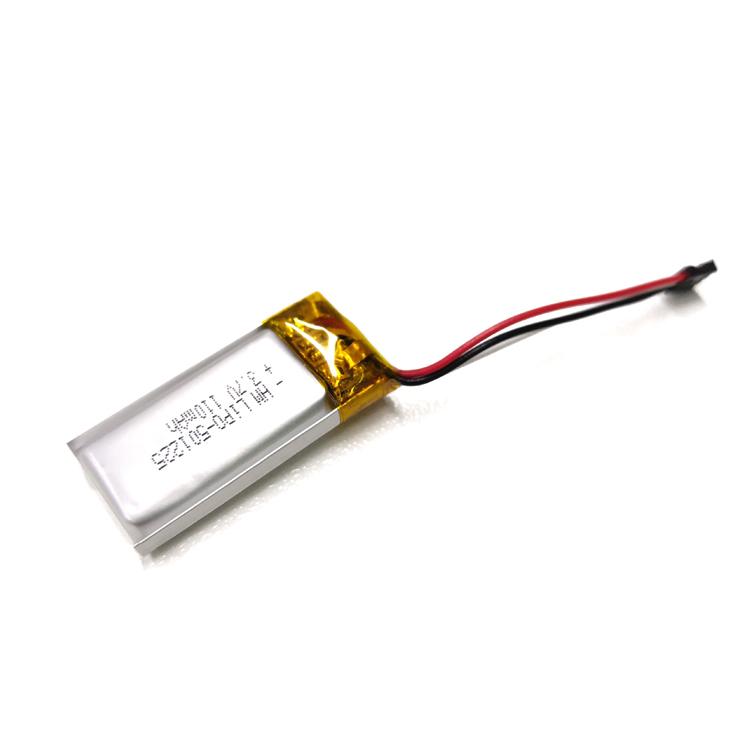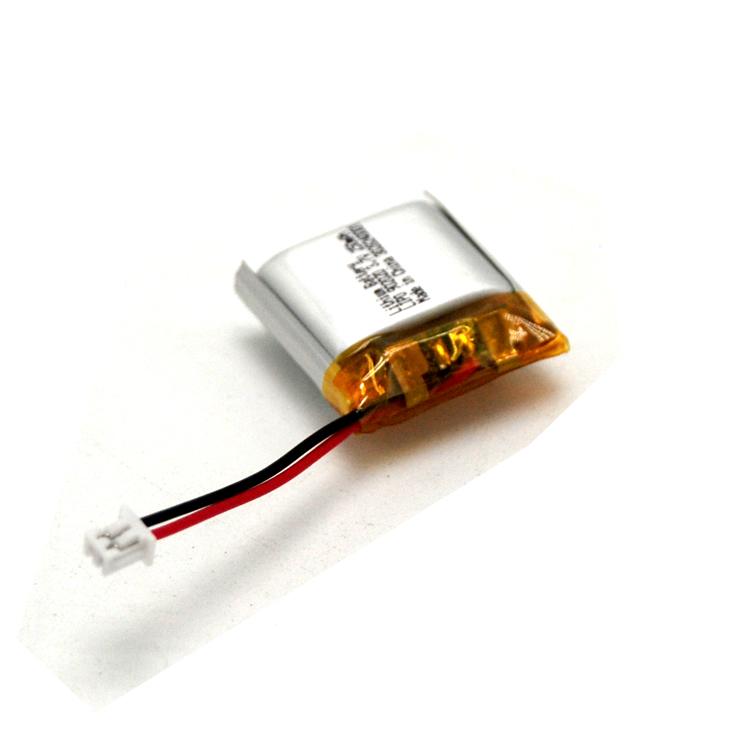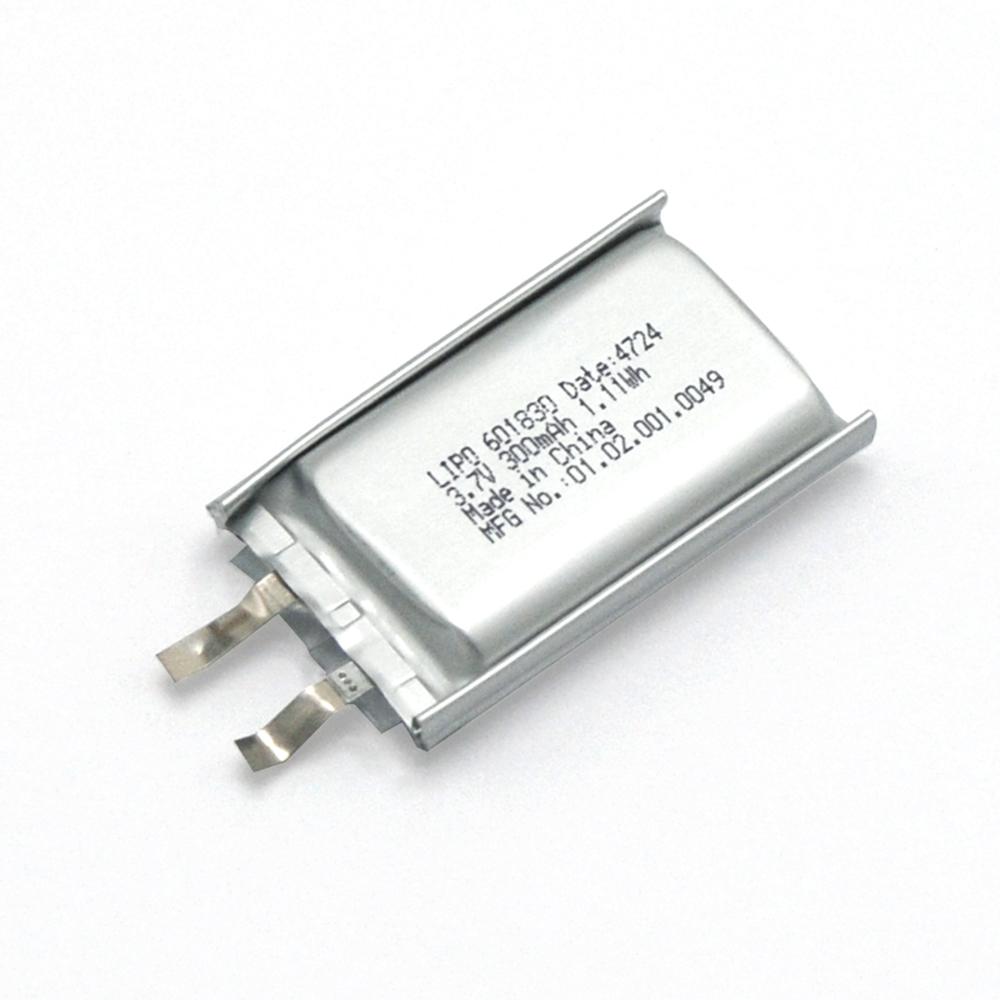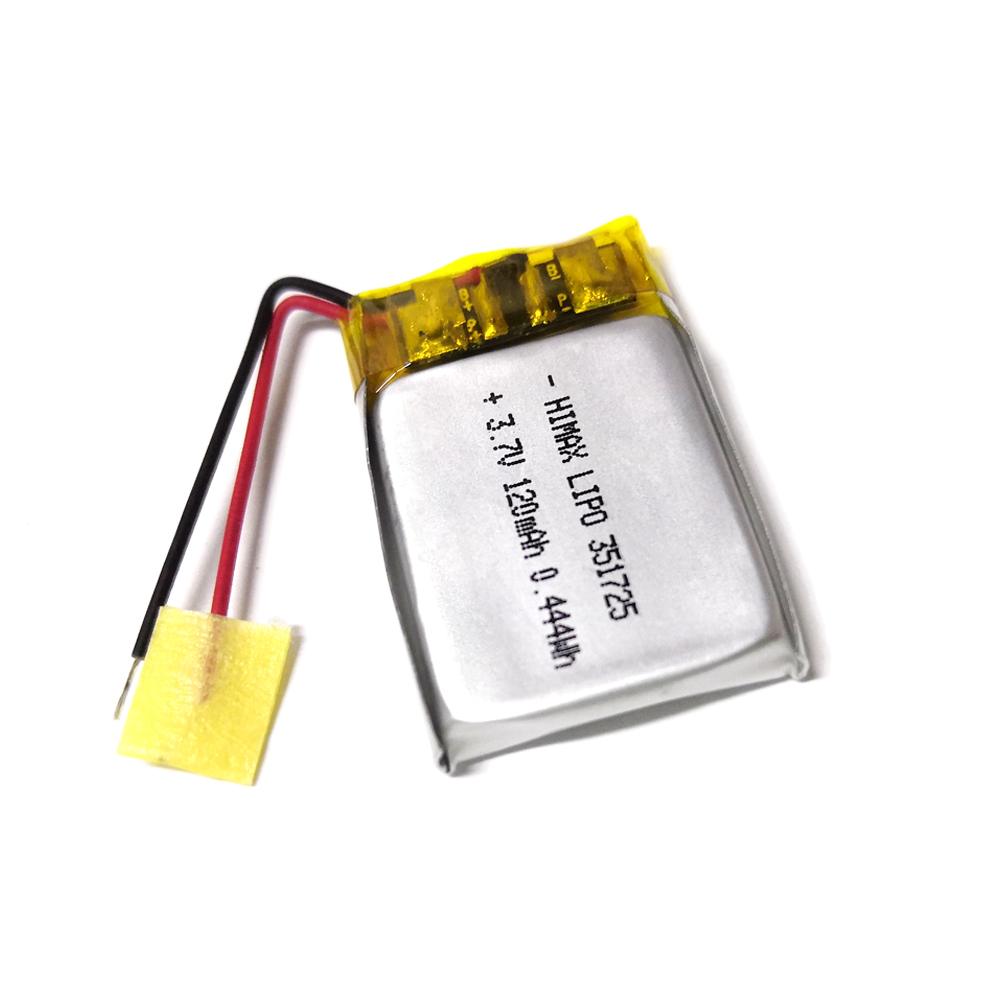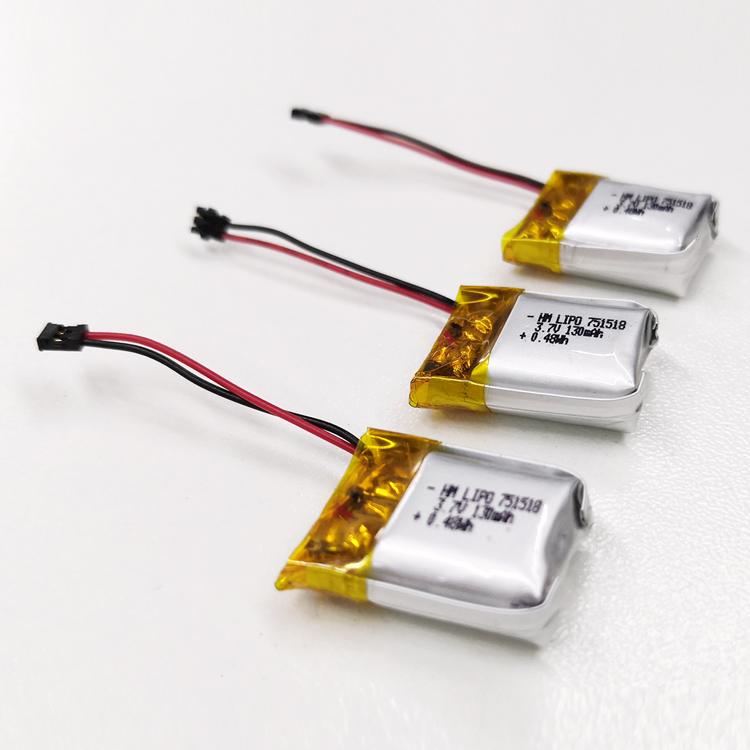Custom Li-Polymer (LiPo) Battery Packs for B2B Applications
Custom Li-Polymer (LiPo) Batteries | Wholesale Manufacturer
HIMAX ELECTRONICS is a professional battery manufacturer and engineering partner for custom Lithium-Polymer (LiPo) batteries. We design and produce high-performance, lightweight LiPo batteries using flexible pouch cell technology. From prototype to mass production, we help you create batteries that match your product’s size, power, and runtime needs perfectly.
The Himax ELECTRONICS LiPo Battery Advantage: Engineered for Modern Electronics
Our LiPo batteries are designed to provide a competitive edge for your products through superior technology and design.
- High Energy in a Slim Design: Our LiPo batteries provide strong power in a thin and lightweight form, ideal for portable and wearable products.
- Flexible Size & Shape: LiPo pouch cells are flexible, allowing custom shapes and sizes to fit even very compact devices.
- Long Life & Stable Performance: Designed with durable material and advanced chemistry , our batteries offer around 500 charge cycles with consistent performance, ensuring an excent long-term runtime.
- Built-in Safety Protection: Each battery includes a PCM protection circuit to prevent over-charge, over-discharge, over current and short circuits, ensuring a safe operation.
LiPo Battery Applications
- Drones: Lightweight power with high discharge current.
- Wearable Devices: Slim batteries for smartwatches and trackers etc.
- Medical Equipment: Safe and reliable power for portable medical devices.
- IoT & Sensors: Long-life batteries for remote and smart systems.
- IRC & Robotics: Strong and stable power for motors and control units.ong-life batteries for remote and smart systems.
Why Choose HIMAX ELECTRONICS as Your B2B Battery Partner?
Over 18+ Years of Experience: With strong expertise in lithium polymer battery design and manufacturing, we have delivered reliable power solutions to customers worldwide over 18 years of experience.
- Quality Trust: Our batteries comply with CE, RoHS, KC, CB/IEC, UL and other international standards. Every battery undergoes professional testing before shipment.
- stomer-First Service: We provide technical support, clear documentations, and professional consultations for customers to ensure your success.
Ready to Power Your Products with LiPo Battery?
Welcome to leave the message of your requirements on our official website. We’ll customize the lipo batteries to meet your specific demands. Contact our team immediately to receive a customized quote within 24 hours or discuss your bespoke battery solutions!



